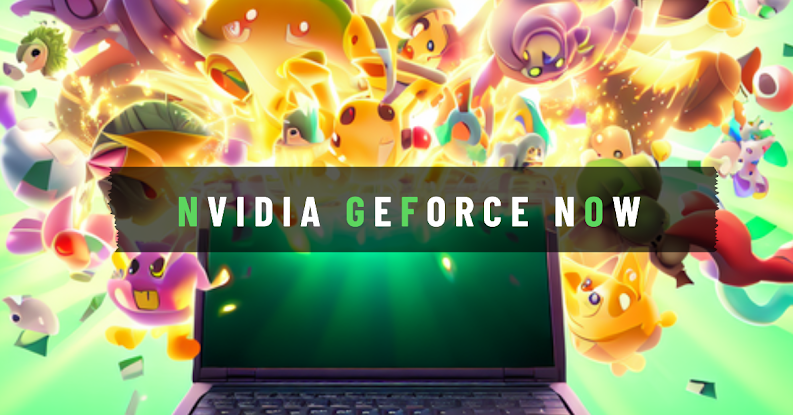The Vital Role of Queer Representation in Video Games for Social Justice and Equality
The Vital Role of Queer Representation in Video Games for Social Justice and Equality
The video game industry has come a long way regarding LGBTQ+ representation in recent years. However, much work must be done to ensure that queer identities are represented in a positive, nuanced, and inclusive way. The representation of queer characters and themes in video games has the potential to promote social justice and equality by challenging negative stereotypes and promoting empathy and understanding. According to a report by Polygon, games like "Gone Home" and "Life is Strange" explore themes of gender and sexual identity in a nuanced and respectful way, allowing players to experience these themes through the eyes of queer characters and promoting empathy and understanding of the experiences of LGBTQ+ individuals.
One of the most potent ways that video games can promote social justice is by providing players with a unique perspective on the experiences of marginalized communities. For example, the game "Papers, Please" puts players in the role of a border guard, forcing them to make difficult decisions about who to let into the country. The game has been praised for its portrayal of the complexity of immigration issues and its emphasis on empathy for those seeking a better life.
However, the representation of queer identities in video games has historically been limited and often problematic. Many early examples of queer representation in games were characterized by harmful stereotypes and offensive caricatures. For example, the character Birdo from the Mario franchise was initially described as a male who thought he was female and was depicted as a pink dinosaur who shot eggs from his mouth.
More recently, games like "Mass Effect" and "Dragon Age" have received praise for their inclusive approach to romance and sexual identity, allowing players to engage in relationships with characters of any gender. However, some critics have argued that the representation of queer characters in these games still falls short, with some characters being reduced to caricatures or "tokens" rather than fully developed individuals.
To promote social justice and equality through video games, it is vital to approach the representation of queer identities with nuance and sensitivity. This means avoiding harmful stereotypes and caricatures and creating well-rounded, complex characters with more than just their sexual orientation or gender identity. As Polygon notes, by continuing to push for more diverse and nuanced representation of queer characters and themes in video games, we can work towards a more just and equitable society for all individuals, regardless of their sexual orientation or gender identity.
Ultimately, the representation of queer identities in video games has the potential to promote social justice and equality by fostering empathy, understanding, and inclusivity. By continuing to push for more diverse and nuanced representation of queer characters and themes in video games, we can work towards a more just and equitable society for all individuals, regardless of their sexual orientation or gender identity.
.png)



Comments
Post a Comment
Connect with House Anomaly, we are always open to collaboration or critiques on how we can do better.